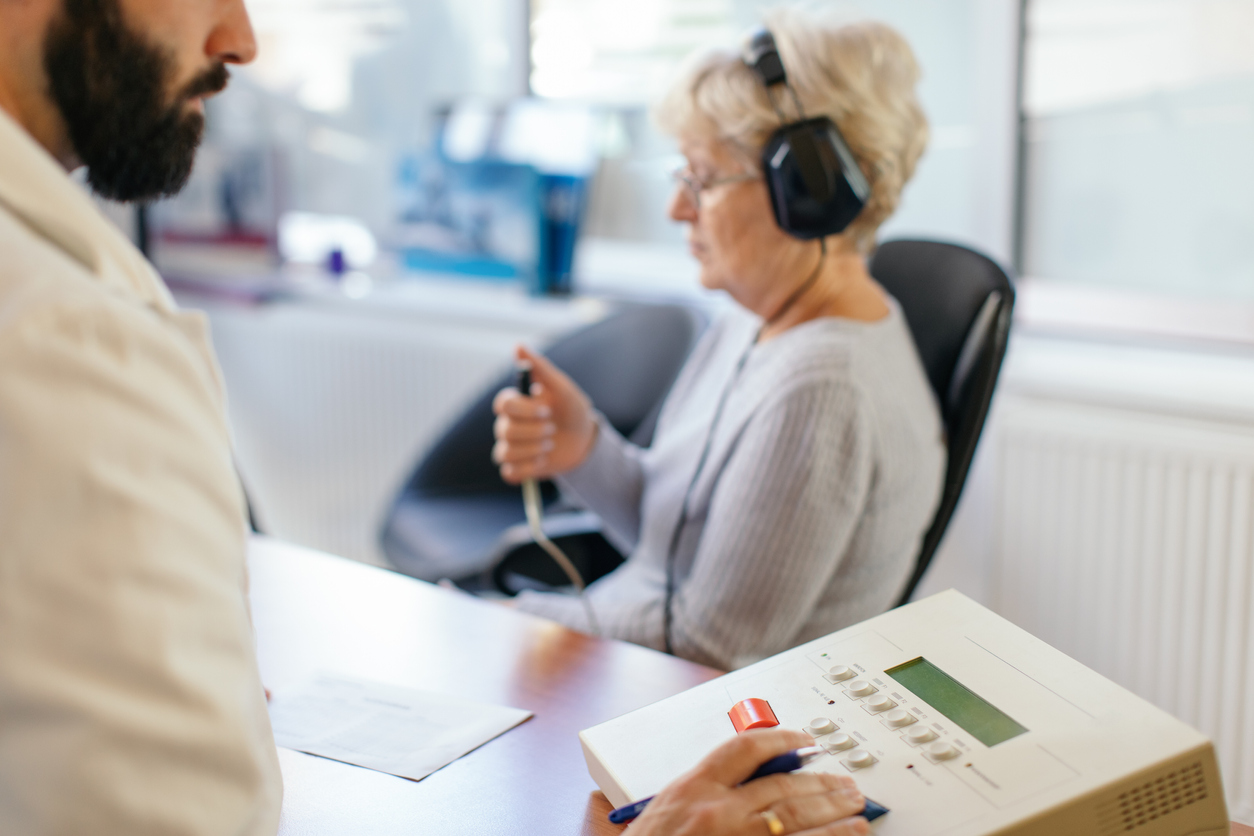Prevent Early Issues with Mental Sharpness: The Impact of Hearing Loss and Sleep

When it comes to maintaining optimal health and mental acuity, we tend to disregard two critical components – hearing impairment and sleep disturbances. These factors, while they might appear unrelated, can profoundly influence our physical health and cognitive capabilities. That’s why it’s crucial to prioritize early screenings for issues like hearing loss and sleep conditions, including sleep apnea.
The Connection Between Hearing Loss and Cognitive Decline
Hearing impairment is the most widespread among sensory challenges, impacting millions worldwide. Apart from the evident difficulties in communication, hearing loss can notably affect cognition and mental acuity. According to a study featured on the National Center for Biotechnology Information (NCBI) website, hearing problems can negatively affect sleep due to reduced sound input. This absence of auditory stimulation during sleep can lead to poor sleep quality, thereby affecting mental sharpness.
Another aspect to consider is the social isolation that often comes with hearing loss. This isolation can lead to depression and anxiety, both of which can further exacerbate cognitive decline. Additionally, a report by the Centers for Disease Control and Prevention (CDC) suggests that conditions like tinnitus, often associated with hearing loss, can also impact mental health.
In recent years, research has begun to explore the potential link between hearing loss and dementia. In fact, untreated hearing loss is considered one of the most significant modifiable risk factors for dementia.
Sleep Deprivation and Its Effects on Cognitive Functioning
Sleep deprivation is another significant factor that affects mental sharpness. A study on the NCBI site reveals that prolonged wakefulness can alter frontal lobe functioning, affecting language expression and perception, thereby reducing one’s cognitive abilities. Furthermore, the Sleep Foundation suggests that improving sleep quality can boost cognitive performance, promote sharper thinking and may reduce the likelihood of age-related cognitive decline..
Sleep disorders, such as sleep apnea, can lead to fragmented sleep and daytime sleepiness, both of which have been linked to cognitive impairment. Individuals with untreated sleep apnea often experience difficulties with memory, attention and processing speed.
The Crucial Role of Early Medical Screenings
Given the substantial impact that hearing loss and sleep disorders can have on mental sharpness, it’s essential to get screened early. Regular hearing checks can help detect any potential hearing issues, allowing for early intervention and treatment. Similarly, sleep studies can identify sleep disorders like sleep apnea that might be affecting your quality of sleep and, consequently, your cognitive functioning.
If considering a sleep study, you may be interested in the fact that these studies have seen significant advancements over the years. Gone are the days when you had to spend a night at a facility to get a sleep study done. Today, physicians can provide patients with a device that they take home and wear during their time asleep. This device records critical data about sleep patterns, breathing and other physiological processes. This data is then analyzed by a sleep specialist in order to help diagnose sleep disorders like sleep apnea.
While it’s easy to dismiss these screenings as unnecessary, especially when there are no apparent symptoms, they play a crucial role in maintaining proper health and mental sharpness. Early detection can not only pave the way for effective treatment but also prevent or slow down the onset of cognitive decline. Make sure to schedule regular screenings for hearing loss and sleep disorders. It’s a small step today for a sharper mind tomorrow.
It’s worth noting that both sleep studies and hearing screenings can be covered by Medicare. This coverage makes these essential health checks accessible to more people, helping to ensure early detection and treatment of potential issues.
Advanced Patient Care
For residents in the Atlanta vicinity who may have overlooked their hearing and sleep health, the physicians at North Atlanta ENT & Allergy (NAENTA) are ready to assist. The team is spearheaded by Dr. Hoffman, a board certified physician in sleep medicine. With the team’s expertise and commitment to patient care, they can provide the necessary tests and treatments to help you maintain your overall health.
It is important to remember that regular medical screenings, including sleep studies and hearing screenings, are a small investment in time and effort that can provide significant benefits for your health and well-being.








 Make an Appointment
Make an Appointment